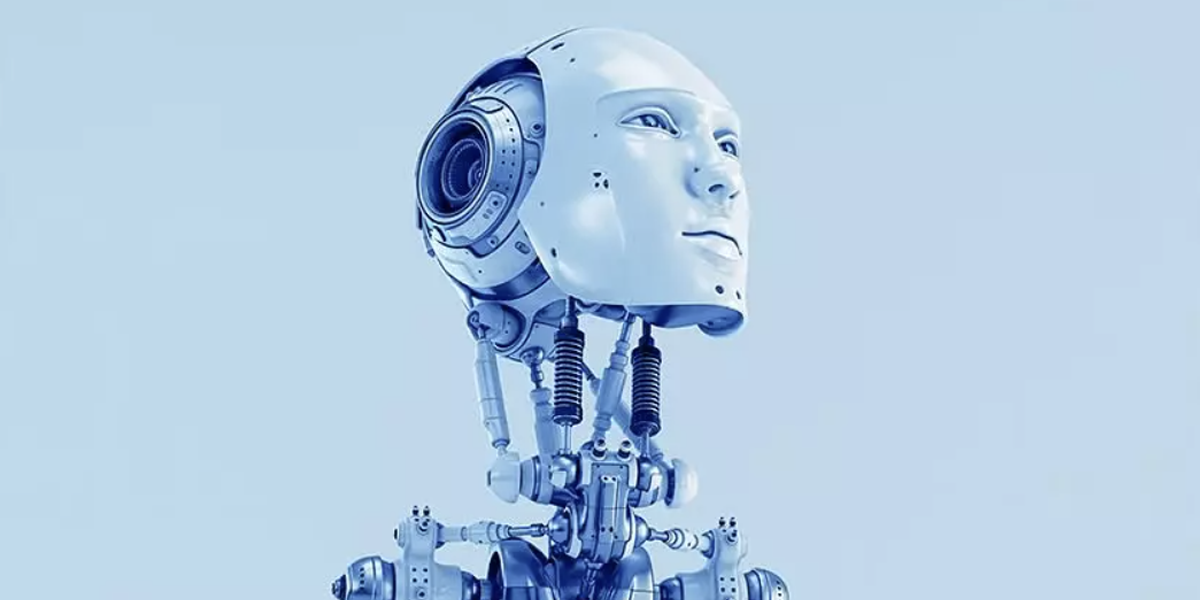Artificial Intelligence (AI) has evolved from a niche concept in science fiction to a cornerstone of modern technology, influencing various aspects of daily life and industry. Its capabilities, ranging from simple automation to complex problem-solving, have sparked both excitement and concern as society grapples with the profound changes it brings. This article delves into the origins, current applications, ethical considerations, and future prospects of AI.

Origins and Evolution of AI
The concept of AI dates back to ancient myths and legends, where machines and inanimate objects were imbued with human-like intelligence. However, the formal field of AI research began in the mid-20th century. In 1956, the Dartmouth Conference, organized by John McCarthy, Marvin Minsky, Nathaniel Rochester, and Claude Shannon, marked the official birth of AI as a field of study. Early efforts focused on symbolic AI, which aimed to replicate human reasoning through rule-based systems and logical operations.
The journey of AI has been marked by cycles of optimism and disillusionment, known as AI winters and springs. Early successes in the 1950s and 1960s were followed by periods of slow progress due to technical limitations and unmet expectations. The resurgence of AI in the 21st century, fueled by advancements in computing power, big data, and machine learning algorithms, has led to unprecedented breakthroughs.
Current Applications of AI
Today, AI is pervasive, touching nearly every industry and aspect of human life. Here are some of the key applications:
- Healthcare: AI-driven diagnostics, personalized medicine, and robotic surgery are revolutionizing patient care. Machine learning algorithms analyze medical images and patient data to detect diseases early and recommend treatments.
- Finance: AI algorithms are used for fraud detection, credit scoring, and automated trading. These systems analyze vast amounts of data to identify patterns and make real-time decisions.
- Transportation: Autonomous vehicles, powered by AI, promise to make roads safer and reduce traffic congestion. AI systems in logistics optimize routes and improve supply chain efficiency.
- Customer Service: Chatbots and virtual assistants provide instant support and enhance customer experience. Natural language processing (NLP) allows these systems to understand and respond to human queries effectively.
- Entertainment: AI curates personalized content on streaming platforms, creates realistic visual effects in movies, and even generates music and art.
- Manufacturing: AI-powered robots and predictive maintenance systems increase efficiency and reduce downtime in factories.

Ethical Considerations and Challenges
As AI becomes more integrated into society, ethical considerations and challenges arise. Key concerns include:
- Bias and Fairness: AI systems can perpetuate and amplify existing biases if trained on biased data. Ensuring fairness and transparency in AI decision-making is crucial.
- Privacy: The extensive use of personal data in AI applications raises significant privacy issues. Striking a balance between innovation and protecting individual privacy is essential.
- Job Displacement: Automation and AI-driven processes can lead to job displacement in certain sectors. While AI can create new job opportunities, there is a need for strategies to manage workforce transitions.
- Security: AI systems can be vulnerable to attacks, such as adversarial examples that trick algorithms into making incorrect decisions. Ensuring the security and robustness of AI systems is critical.
- Autonomy and Control: The deployment of autonomous systems, particularly in critical areas like defense and transportation, raises questions about control and accountability.

The Future of AI
The future of AI holds both promise and uncertainty. Continued advancements in deep learning, quantum computing, and neuromorphic engineering are expected to drive further innovation. Potential future developments include:
- General AI: Unlike narrow AI, which is designed for specific tasks, general AI would possess human-like cognitive abilities. Achieving general AI remains a long-term goal and a subject of intense debate.
- Human-AI Collaboration: Enhancing collaboration between humans and AI systems could lead to more effective problem-solving and decision-making in various domains.
- Ethical AI: Developing frameworks and guidelines to ensure ethical AI deployment will be crucial. This includes creating transparent, accountable, and fair AI systems.
- AI in Climate Change: AI could play a pivotal role in addressing climate change by optimizing energy usage, improving climate models, and supporting sustainable practices.
Artificial Intelligence is no longer a futuristic concept but a transformative force reshaping the present and future. As AI continues to evolve, it offers immense potential to solve complex problems and improve quality of life. However, realizing this potential requires addressing ethical challenges, ensuring fairness, and fostering collaboration between humans and machines. The journey of AI is a testament to human ingenuity and the relentless pursuit of innovation, heralding a future where intelligent systems enhance our capabilities and enrich our lives.



